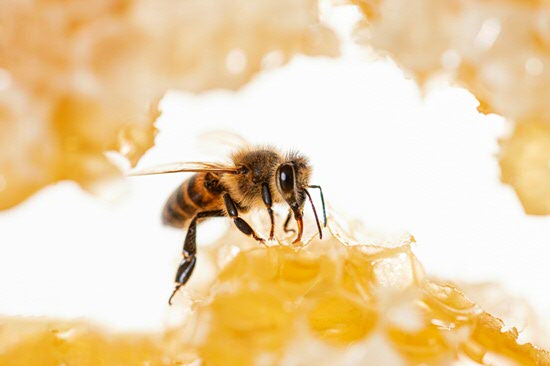Marco Fraaije receives funding for research into insect enzymes
Professor Marco Fraaije of the Groningen Biomolecular Sciences and Biotechnology Institute (GBB) receives EUR 75,000 in funding for research into insect enzymes as an underexploited source of biocatalysts. This is a PPP program allowance from the Netherlands Enterprise Agency (Rijksdienst voor Ondernemend Nederland, RVO).
A project plan has been granted by the Top Consortia for Knowledge and Innovation (Topconsortia voor Kennis en Innovatie, TKI) Green Chemistry and Circularity, with a total of EUR 100,000 in funding. The project is a public-private partnership, in which the UG startup GECCO Biotech BV is also involved.
Exploring insect enzymes: an underexploited source of biocatalysts (INZYMES)
New enzymes can also offer more sustainable alternatives to existing chemical processes. By using enzymes as biocatalysts, one can develop more efficient, environmentally friendly processes that produce fewer waste products and use fewer (fossil) resources. This can help reduce pollution and conserve energy, both of which are crucial to protecting our planet. Additionally, new enzymes can help create new products that may have previously not been possible, further advancing our scientific and technological understanding.
Insects exploit the power of enzymes in various biological processes. For example, the bombardier beetle uses enzymes to produce highly reactive compounds as part of its defence mechanism. When in danger, the beetle will mix and spray a solution that reaches temperatures of 100 °C, thereby deterring predators. Another well-known insect-based product is honey. The honey bee produces and secretes a mixture of enzymes to convert the collected plant nectar into honey. Recently, bee enzymes in honey have been identified; however, these have not been studied in detail yet. In this project, individual honey-processing enzymes from the honey bee will be produced and their catalytic potential will be explored for their use in chemical processes.
PPS Program Allowance
A TKI can apply for a program allowance for private-public partnerships (PPP) if a company collaborates with a research institution in the field of research and development and makes a financial contribution to this.

More news
-
29 January 2026
Microplastic research - media hype or real danger?
-
27 January 2026
ERC Proof of Concept grant for Maria Loi
